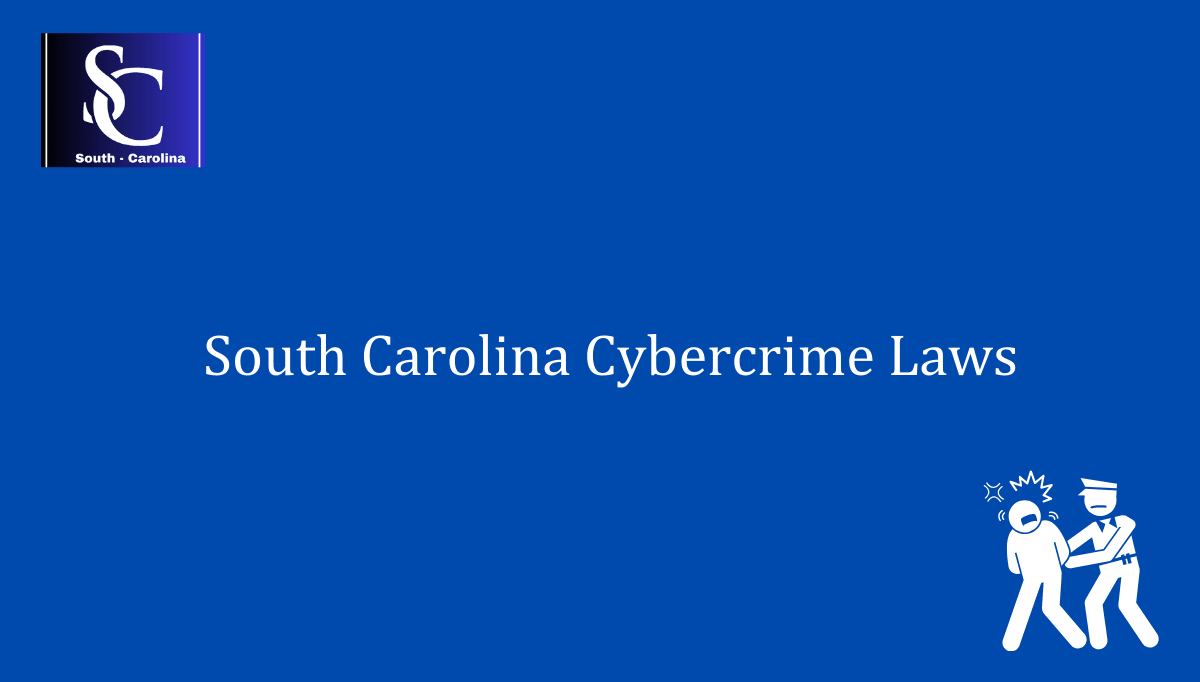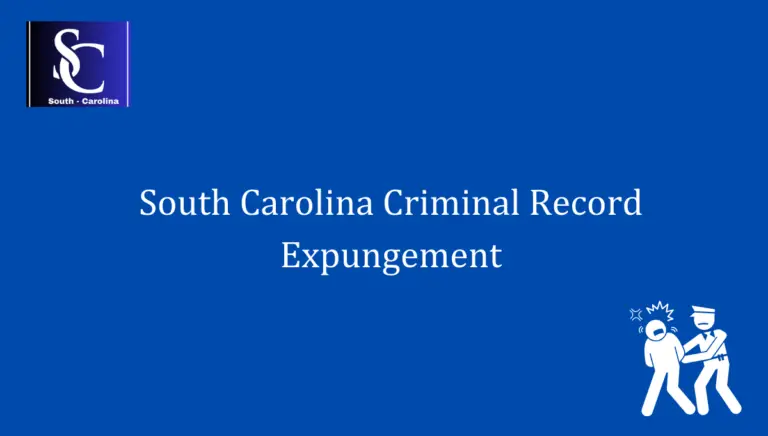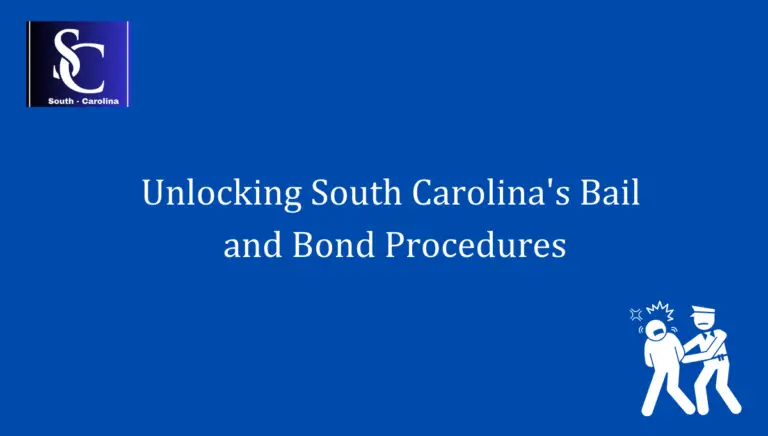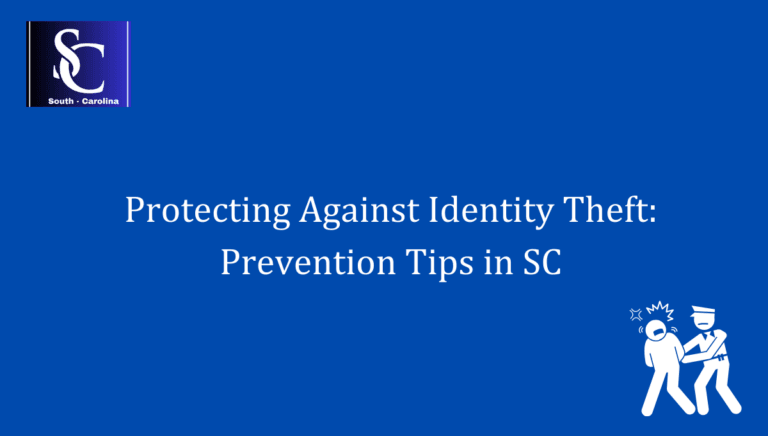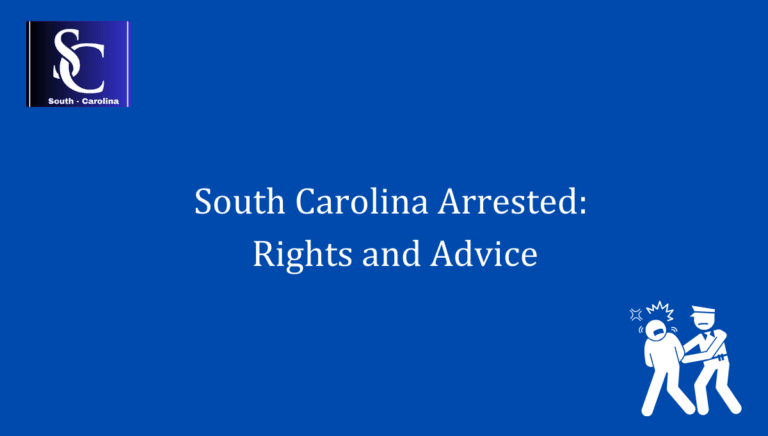South Carolina Cybercrime Laws
South Carolina Cybercrime Laws are an essential aspect of our modern society, aiming to protect individuals, businesses, and organizations from the ever-growing threat of cybercrime. With the rapid advancement of technology, the need for robust legislation and regulations has become paramount. South Carolina has taken proactive measures to establish comprehensive cybercrime laws that address various forms of cyber offenses.
These laws are designed to safeguard sensitive data, prevent unauthorized access to computer systems, and ensure the prosecution of individuals involved in cybercriminal activities. By enacting stringent legislation, South Carolina aims to create a secure digital environment for its residents and foster trust in online transactions.
The Importance of Cybercrime Laws
As technology continues to advance at an unprecedented pace, the need for robust legislation and regulations to combat cybercrime has become more critical than ever. South Carolina recognizes the potential dangers posed by cybercriminals and has taken proactive measures to establish comprehensive cybercrime laws.
Safeguarding Sensitive Data
One of the primary objectives of South Carolina’s cybercrime laws is to protect sensitive data from falling into the wrong hands. With the increasing reliance on digital platforms for storing personal and financial information, it is crucial to have legislation in place to prevent unauthorized access to computer systems.
Preventing Cyber Offenses
South Carolina’s cybercrime laws are designed to prevent various forms of cyber offenses. These offenses can range from hacking and identity theft to phishing scams and ransomware attacks. By establishing stringent legislation, the state aims to create a secure digital environment for its residents.
Prosecution of Cybercriminals
Another key aspect of South Carolina’s cybercrime laws is ensuring the prosecution of individuals involved in cybercriminal activities. These laws provide the necessary framework for law enforcement agencies to investigate and take legal action against those who engage in cyber offenses, thereby deterring potential criminals.
Fostering Trust in Online Transactions
In an increasingly digital world, trust in online transactions is of utmost importance. South Carolina’s cybercrime laws play a vital role in fostering this trust by creating a legal framework that holds cybercriminals accountable. This, in turn, encourages individuals and businesses to engage in online activities with confidence.
Collaboration and Education
South Carolina’s commitment to combating cybercrime goes beyond legislation. The state actively promotes collaboration between government agencies, businesses, and individuals to share knowledge and resources in the fight against cyber offenses. Additionally, educational initiatives are in place to raise awareness about cyber threats and provide guidance on how to stay safe online.
A Secure Digital Future
South Carolina’s comprehensive cybercrime laws pave the way for a secure digital future. By prioritizing the protection of sensitive data, preventing cyber offenses, and prosecuting cybercriminals, the state is working towards creating a digital landscape where individuals and businesses can thrive without fear of falling victim to cyber threats.
FAQs
What are the cybercrime laws in South Carolina?
In South Carolina, cybercrime laws are designed to protect individuals and businesses from various types of online criminal activities. These laws encompass offenses such as hacking, identity theft, phishing, cyberbullying, and unauthorized access to computer systems.
What are the penalties for cybercrime in South Carolina?
The penalties for cybercrime in South Carolina vary depending on the severity of the offense. They can range from fines and probation to imprisonment. Some cybercrimes may be classified as misdemeanors, while others may be considered felonies.
How does South Carolina define cyberbullying?
In South Carolina, cyberbullying refers to the use of electronic communication to harass, intimidate, or threaten another person. This can include sending offensive messages, spreading rumors, or posting harmful content online. The state takes cyberbullying seriously and has implemented laws to address this issue.
What actions are considered hacking under South Carolina law?
Under South Carolina law, hacking is defined as unauthorized access to computer systems, networks, or data. This includes activities such as breaking into someone’s email account, stealing sensitive information, or disrupting computer networks without permission.
How is identity theft defined in South Carolina?
In South Carolina, identity theft occurs when someone obtains and uses another person’s personal identifying information without their consent for fraudulent purposes. This can include stealing credit card information, Social Security numbers, or login credentials to commit financial or personal fraud.
What should I do if I become a victim of cybercrime in South Carolina?
If you become a victim of cybercrime in South Carolina, it is important to take immediate action. Contact your local law enforcement agency to report the incident and provide them with any evidence you may have. Additionally, consider reaching out to a cybersecurity professional or legal counsel for further assistance.

